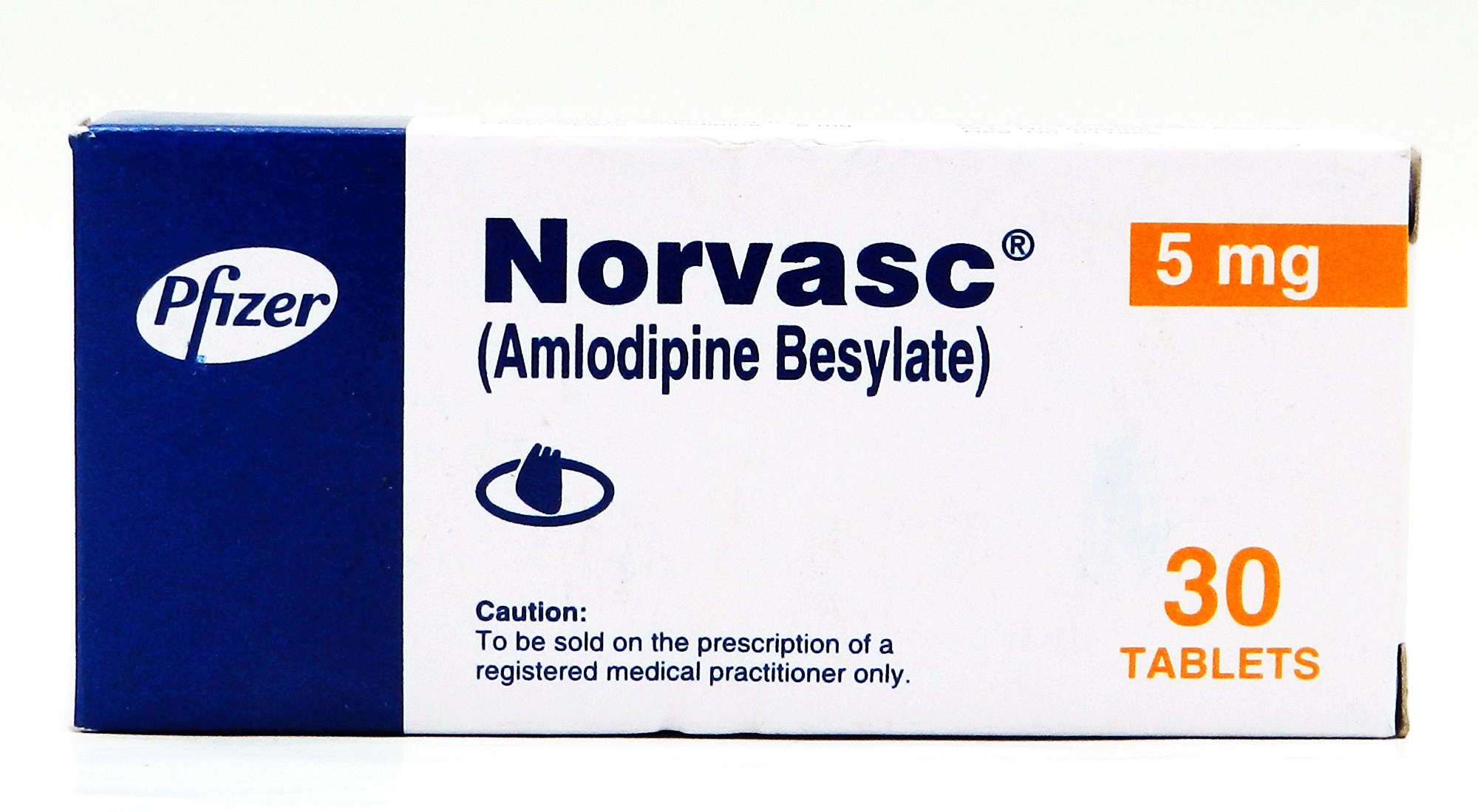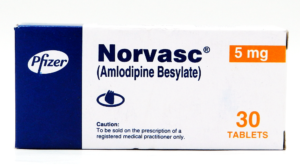
Calcium Channel Blockers (CCBs) or Calcium Antagonists
Calcium channel blockers (CCBs), also known as calcium antagonists, are a class of antihypertensive medications used to manage high blood pressure (hypertension) and other cardiovascular conditions. These drugs help in the treatment of various heart-related issues by regulating the amount of calcium that enters cells.
Common Names and Brand Names
-
Amlodipine
- Brand Names: Norvasc, Istin, Amlodac
-
Diltiazem
- Brand Names: Cardizem, Tiazac, Dilacor XR
-
Verapamil
- Brand Names: Calan, Isoptin, Verelan
-
Nifedipine
- Brand Names: Procardia, Adalat, Nifedip
Description of Calcium Channel Blockers
Calcium channel blockers stop calcium ions from entering the smooth muscle cells of the heart and blood vessels. As a result, they relax the blood vessels, control blood pressure, and reduce heart workload. Thus, they are effectual for controlling hypertension, angina, and arrhythmias.
Uses of Calcium Channel Blockers
-
Hypertension
CCBs are widely prescribed to lower blood pressure and reduce the risk of heart attacks, strokes, and kidney damage.
-
Angina Pectoris
These drugs help manage chest pain associated with angina by relaxing coronary arteries and improving blood flow to the heart.
-
Arrhythmias
Certain CCBs like verapamil and diltiazem are used to treat abnormal heart rhythms by controlling the heart rate.
-
Raynaud’s Disease
They may be used to treat vasospasms in small blood vessels, alleviating symptoms of Raynaud’s phenomenon.
Specifications of Calcium Channel Blockers
-
Mechanism of Action
Block calcium influx through L-type calcium channels in vascular smooth muscle and cardiac cells.
-
Half-Life
Varies from drug to drug; amlodipine has a long half-life (35–50 hours), while diltiazem has a shorter half-life.
-
Route of Administration of calcium channel blockers
Oral tablets or extended-release formulations; intravenous for emergency conditions.
Side Effects of Calcium Channel Blockers
-
Common Side Effects
- Swelling of the ankles or feet
- Headache
- Dizziness or light-headedness
- Flushing
- Constipation (especially with verapamil)
-
Serious Side Effects of calcium channel blockers
- Low blood pressure (hypotension)
- Slow heart rate (bradycardia)
- Heart failure (in some cases)
- Liver damage (rare)
Contraindications
-
Hypotension
- CCBs should not be used in patients with significantly low blood pressure.
-
Severe Heart Block
- Caution is needed if there is an existing first, second, or third-degree heart block, especially with drugs like verapamil and diltiazem.
-
Pregnancy
- Some CCBs, particularly nifedipine, should be avoided during pregnancy unless necessary.
-
Severe Liver Impairment
- Adjust or avoid calcium antagonists if there is liver impairment.
Drug-Drug Interactions
- Beta-Blockers
- Combining CCBs like verapamil or diltiazem with beta-blockers can excessively lower heart rate and blood pressure.
- Digoxin
- Verapamil may increase digoxin levels, leading to toxicity.
- Grapefruit Juice
- Avoid taking grapefruit juices because grapefruit can alleviate the concentration of certain CCBs, especially amlodipine, leading to side effects.
- Statins
- Certain CCBs may interact with statins, raising the risk of muscle damage (myopathy) or liver toxicity.
Important Instructions While Taking Calcium Channel Blockers
- Monitor Blood Pressure Regularly
- Keep track of your blood pressure to keep certain that the medication is working properly.
- Take Medication as Prescribed
- Do not change or try to adjust the dosage or frequency without acknowledging your healthcare provider.
- Avoid Sudden Discontinuation
- Abruptly stopping the medication may worsen your symptoms or lead to rebound hypertension.
- Stay Hydrated
- Drink plenty of water to reduce the risk of dizziness and dehydration, especially if you experience side effects like swelling or dizziness.
- Report Unusual Symptoms
- Notify your healthcare provider if you experience swelling, irregular heartbeat, or signs of liver issues.
Conclusion
Thus, Calcium channel blockers are important medications for treating and managing high blood pressure, angina, and arrhythmias. However, they come with specific side effects, contraindications, and drug interactions that need to be closely monitored. Always follow your healthcare provider’s instructions and discuss any concerns or side affects you experience while taking these medications.
